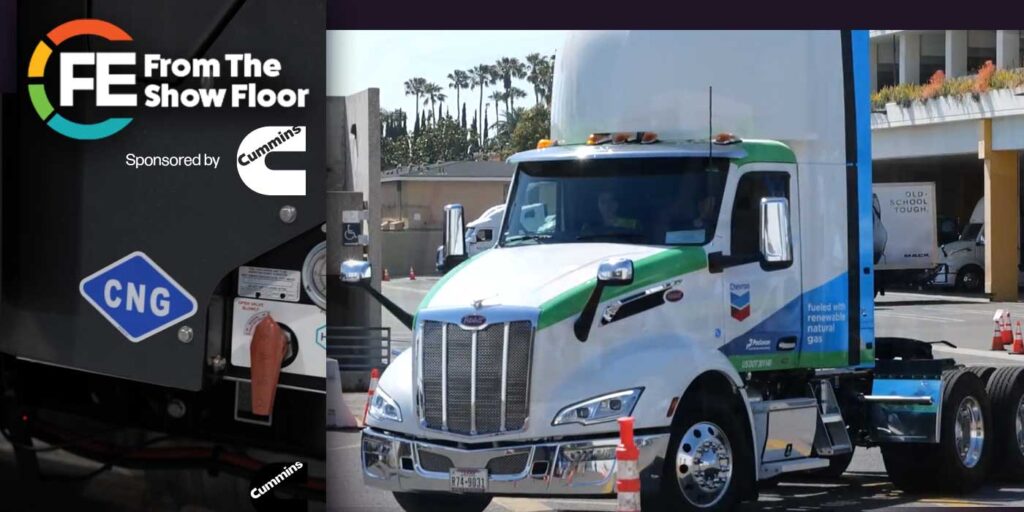The clear takeaway from the event was that success hinges on selecting the appropriate powertrain for specific applications rather than pursuing a one-size-fits-all solution. With shifting regulations and slow electric charging infrastructure development, fleets are opting for a multi-fuel strategy. This approach combines electrification with immediate alternatives such as natural gas and advanced internal combustion engines (ICE), as seen in the powertrain trends presented at ACT Expo, reflecting a practical, application-focused perspective.
The internal combustion engine is not on the verge of extinction; rather, it is undergoing evolution. New technologies aimed at reducing idle time and start-stop functionalities are providing tangible benefits in terms of emissions and fuel efficiency, particularly for urban and regional transport. The latest ICE solutions offer significant value through their familiar maintenance requirements and reduced operating costs.
Accelera by Cummins Enhances ZEV Offerings
Accelera by Cummins announced significant advancements in zero-emission technologies, including a domestically produced lithium iron phosphate battery designed for light-duty and off-highway uses, alongside a fully integrated electric powertrain for medium-duty trucks. The system incorporates route-planning tools, over-the-air updates, and vehicle-to-grid (V2G) capabilities, facilitating a broader effort in electric infrastructure development. These advancements will power Isuzu’s forthcoming electric F-Series.
International Launches eRH Electric Truck for Regional Transport
International Trucks introduced its eRH battery electric platform aimed at regional haulage, which boasts a range of up to 300 miles and configurations similar to the diesel RH series. The new trucks come in both 4×2 and 6×4 axle options. According to International, the range varies based on configuration, battery size, and operational conditions.
Wegmans Promotes Natural Gas as a Solid Diesel Substitute
Wegmans Food Markets is one of the fleets reinstating the credibility of natural gas. Already operating 76% diesel-free, the company utilizes the X15N engine for high-weight tandem applications. This engine, with 500 HP and 1,850 lb-ft of torque, serves as a legitimate alternative to diesel, as attested by technicians and drivers providing first-hand feedback.
Daimler Truck Emphasizes Pragmatic Advancements
Daimler Truck North America resonates with this philosophy, focusing on what can be practically implemented today. Their initiatives include optimizing diesel engines for fuel efficiency and preparing for the integration of natural gas and electric options when feasible. Their updated Cascadia models and real-world eCascadia testing back up this practical approach.
Volvo Aims for CARB 24 Compliance with New D13 Engine
Volvo contributed to the discussion by revealing plans to certify a new D13 engine platform to meet CARB 2024 Omnibus standards. This engine incorporates features aimed at enhancing fuel efficiency, such as variable turbo geometry, updated pistons, and improvements for low-load performance.
Check out the video above for more updates and highlights from the show.


